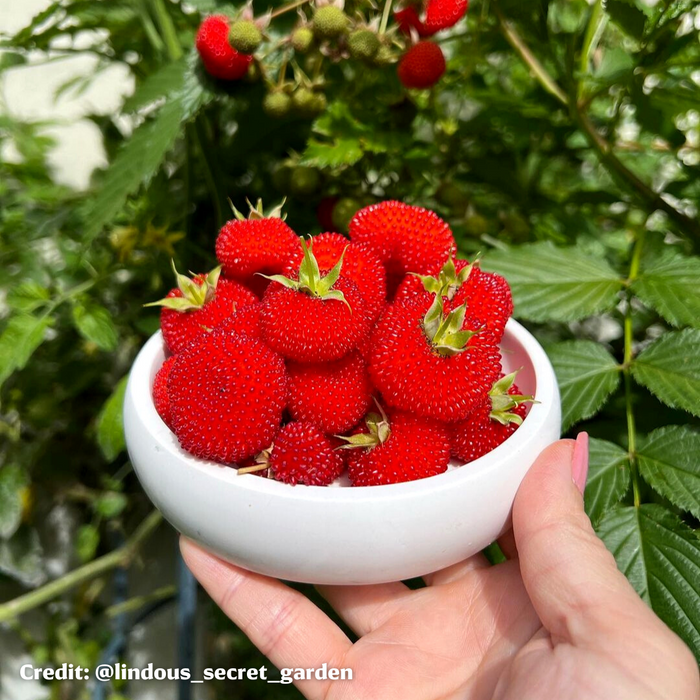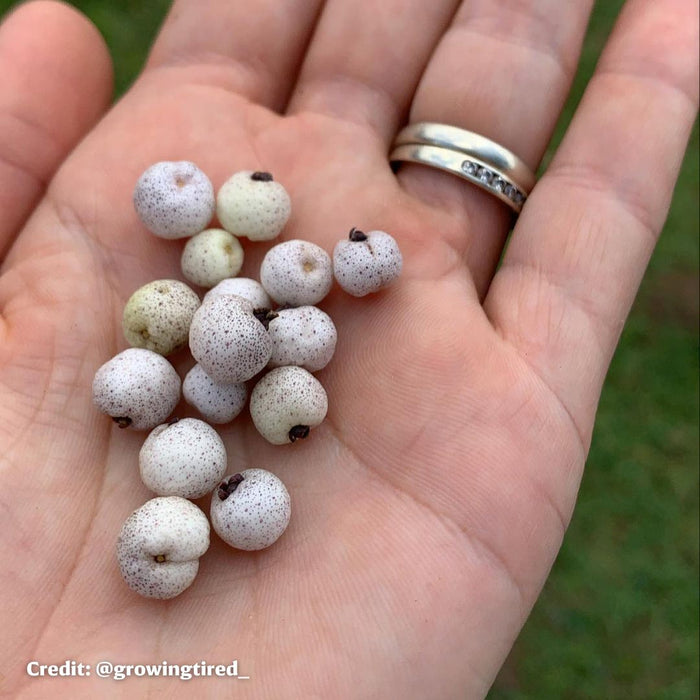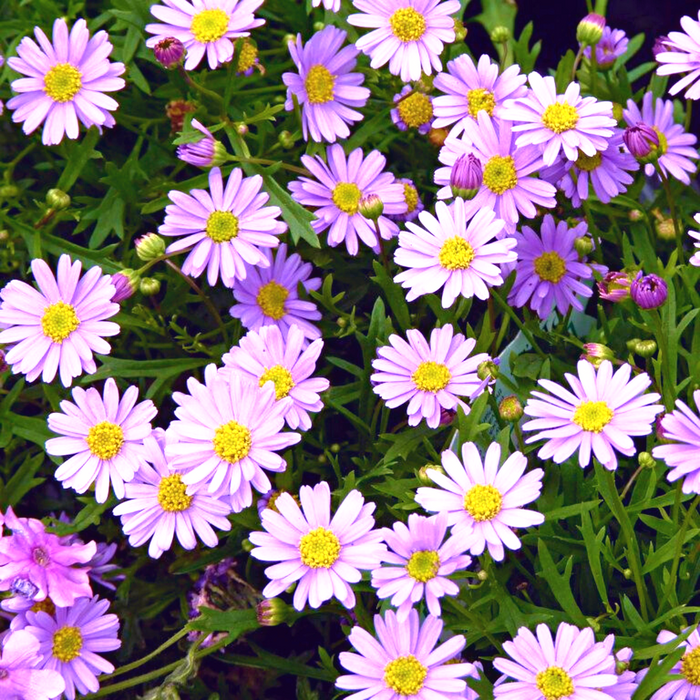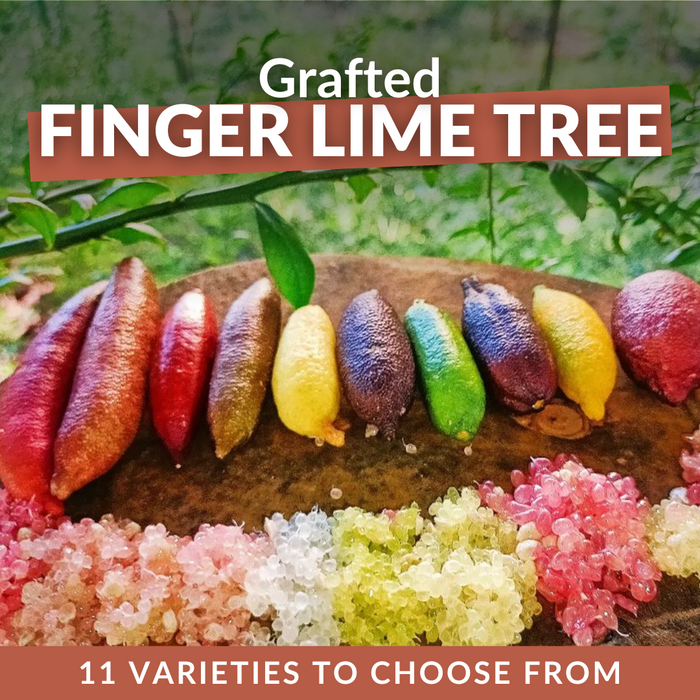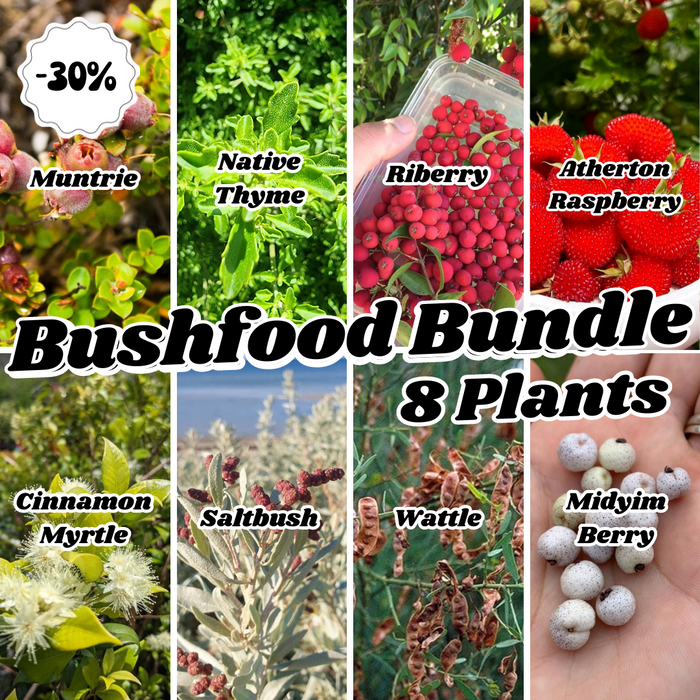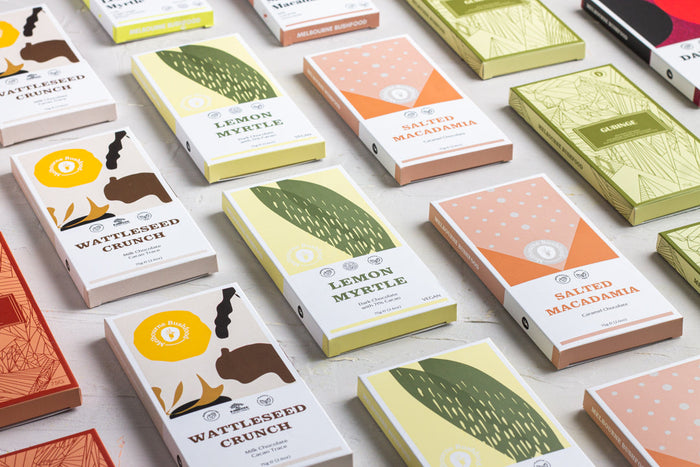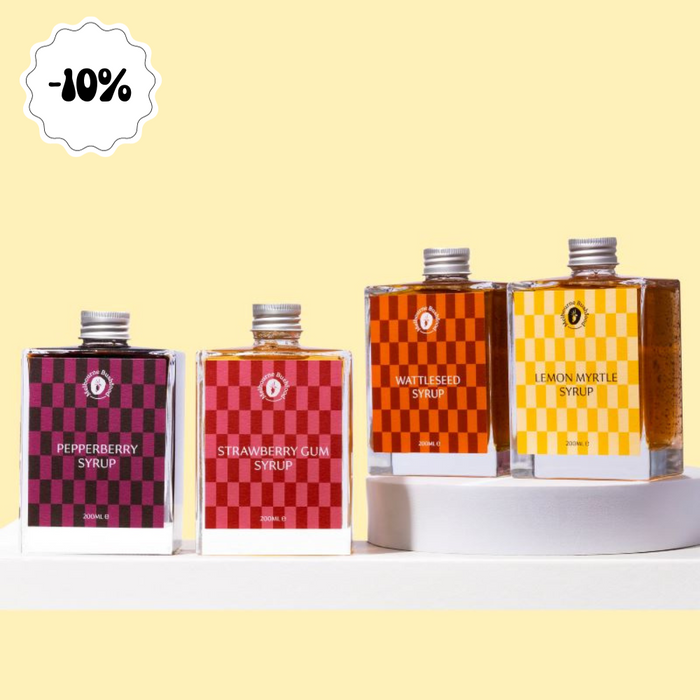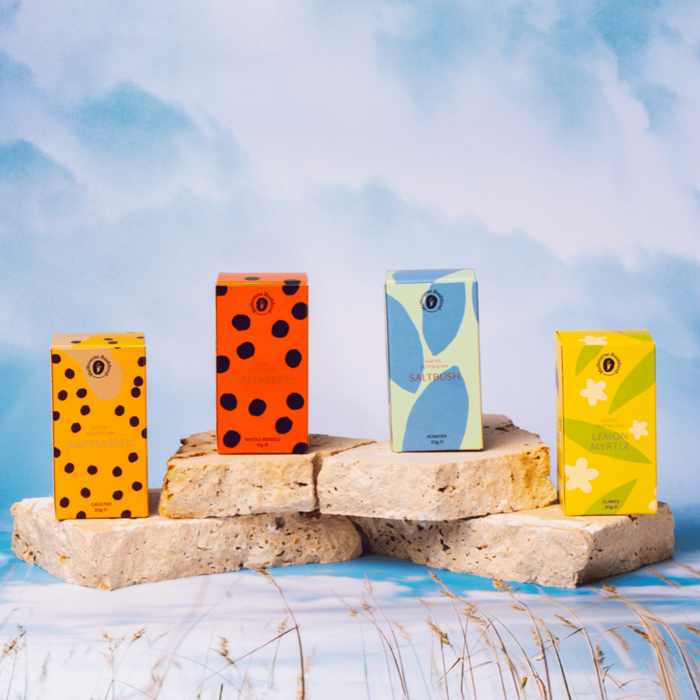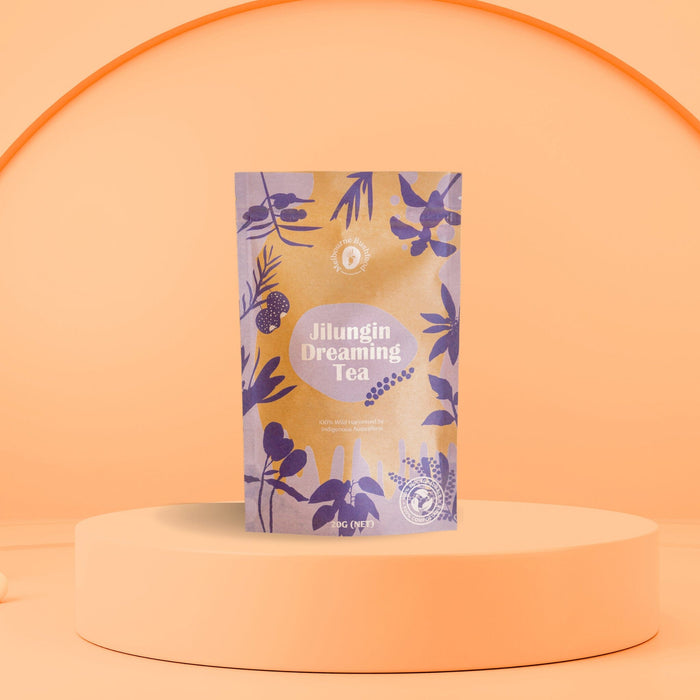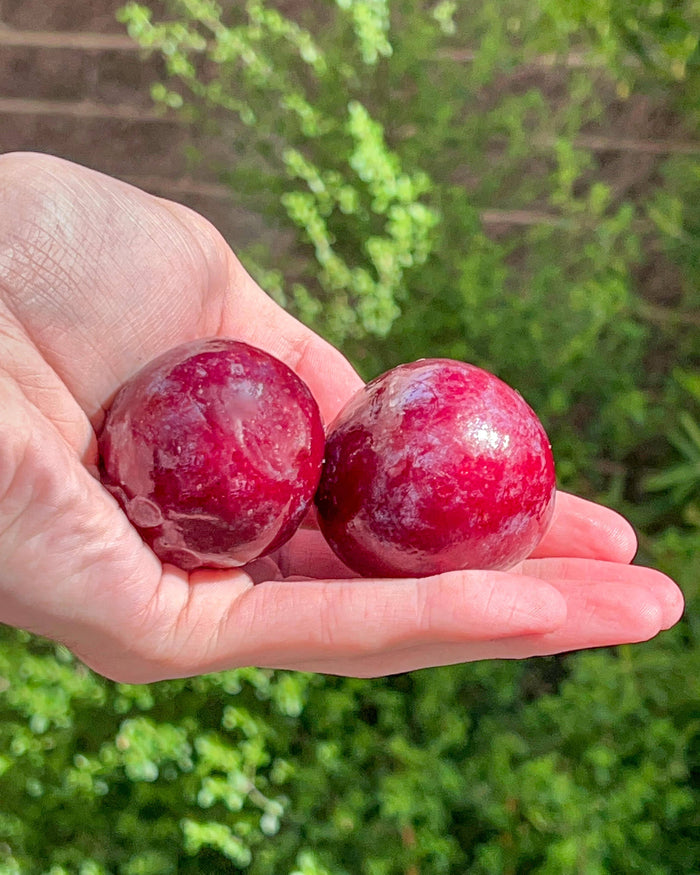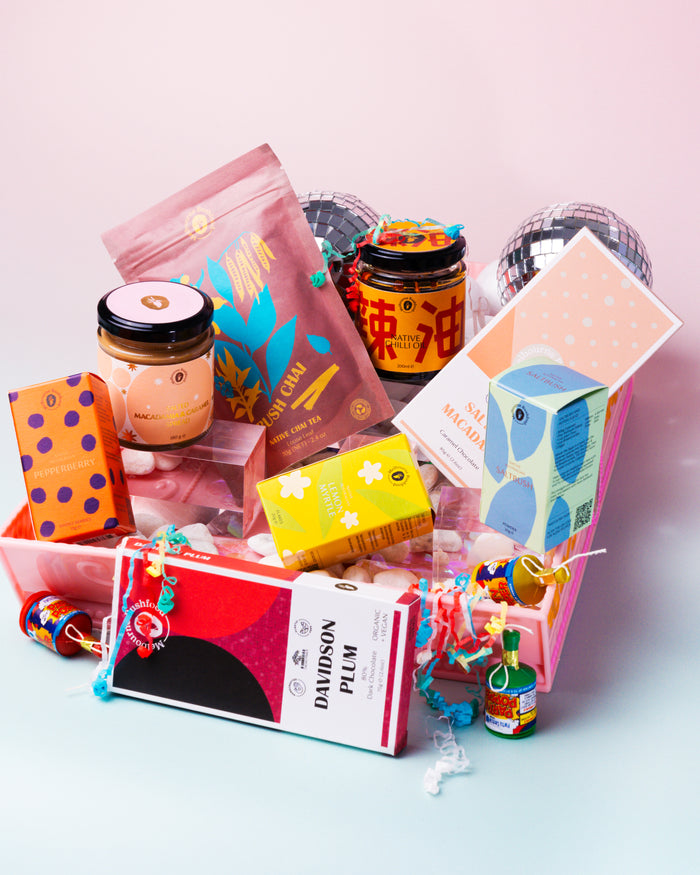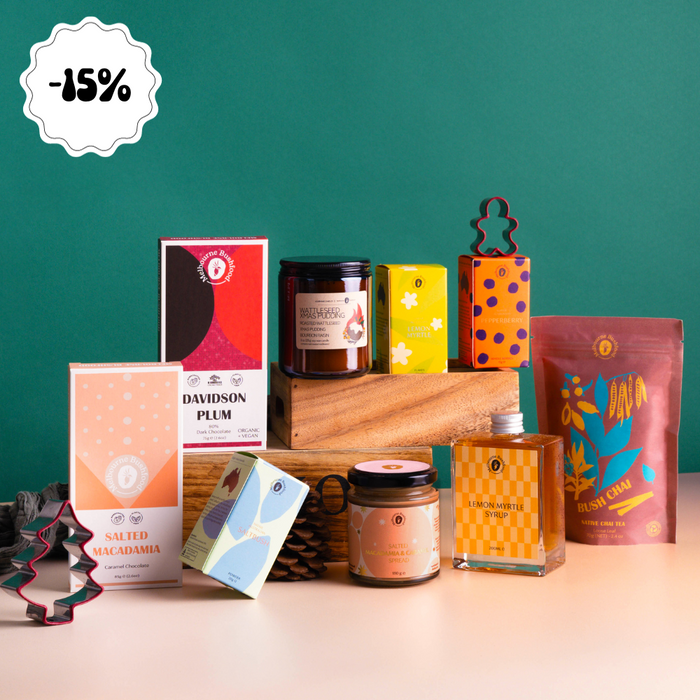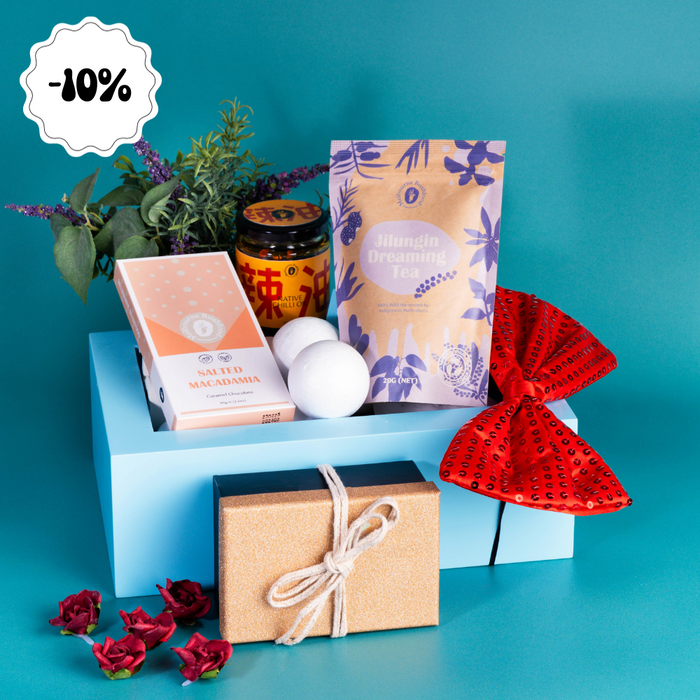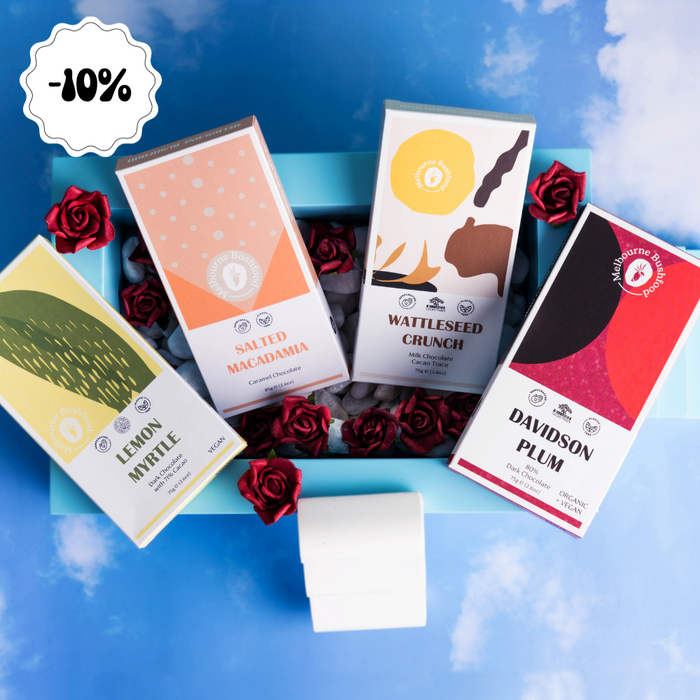

Lemon Myrtle – it's medicinal use and powerful flavour
The harsh gush of tropical rain pouring down as a storm brews above. In Australia’s humid north-eastern rainforests sits a superb habitat for a rare herb – this is the home of the Lemon Myrtle. Being used for thousands of years by indigenous peoples, it has fast become known by many Australians and chefs around the world. Used commonly in cooking and teas, the Lemon Myrtle’s scrumptious Lemon-citrus aroma flavours savoury and sweet dishes alike.
First explored scientifically in the late 18th century by European pharmaceutical companies, the Lemon Myrtle’s strong citrus aroma was discovered to be a result of its high citral content (90-97%). Following this, large expansion occurred when Lemon Myrtle Essential Oils were exported to markets around the world to aid in the extensive demand for citrus fruits and flavouring.
Virtually forgotten for a century, in the 1980’s and 1990’s the Lemon Myrtle made a surprising comeback. First being wild-sourced, agricultural techniques developed proving the commercial viability of this plant. The extensive research done during this period revealed significant medicinal qualities and paved the way for Lemon Myrtle plantations across tropical NSW and Queensland’s south-eastern coast to be set-up. Nowadays, most of the Lemon Myrtle production occurs in these areas.
Research conducted by Charles Sturt University found that Lemon Myrtle contains antibacterial, antimicrobial and antifungal properties. Further research is needed to help combat many diseases that we as a species are facing today. This study also highlights that the nutrient-rich leaves contain significant amounts of calcium, lutein (a compound important for eye health), antioxidants, Vitamins A and E, as well as Zinc and Magnesium.
Due to this research, Lemon Myrtle Oils are extensively being used in a wide range of skin and personal care products. Further being research is being done to find the molecules which make Lemon Myrtle so active in fighting bacteria with the hope to develop new strains of medication which potentially could act as a barrier against disease. In comparison, tests conducted by Atkinson & Brice from Charles Sturt University also found that Lemon Myrtle had double the rating on Eucalyptus in controlling Salmonella proving the strength of the germicidal properties of this amazing herb.
The use of Lemon Myrtle in the kitchen is also becoming increasingly apparent. As its flavour resembles citrus fruit and lacks the acidity, Lemon Myrtle is useful in recipes that are milk or cream-based. The low acidity means that dairy product won’t curdle, however, if overcooked an unpleasant eucalypt flavour will emerge.
To avoid this not-so-delicious taste, when used with cookies, ice-creams and sorbets, pasta, stir-fries, fish, and grilled meats, a beautiful citrus flavour will emerge. Avoid using with foods that require long cooking times such as roast dinners. But be careful because of it’s high citral content you don’t need a lot, so use sparingly.
Want to use Lemon Myrtle in your dishes? Most Lemon Myrtle is sprayed with harsh chemicals to protect the plants from harmful fungus. Our Lemon Myrtle is sourced from Western Australian farmers which is free from Uredo Rangelii (the destructive fungus) meaning that no chemicals are used.

